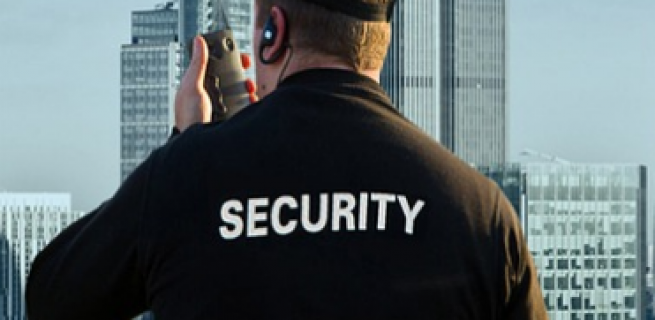With Australia listing the threat of terrorism as “high”, governments continue to spend heavily on national security.
In the latest move, NSW Attorney-General Gabrielle Upton has announced that $5.2 million will be spent to step-up security in NSW Courts by hiring 40 new sheriffs officers.
Upton stated that:“The safety of those who work at or attend our courts is critical … This surge in Sheriff’s officers will further strengthen security at key courthouses.”
The officers will be trained on how to safely escort people from court, how to resolve conflict without force and on the use of batons and special tactics.
Powers of Sheriffs in NSW
Sheriffs are classed a “law enforcement officers” by section 60AA(n) of the Crimes Act 1900 (NSW). They wear blue uniforms that are similar to those worn by police officers.
Sheriffs are responsible for security in courthouses. Their duties include scanning those entering courthouses, confiscating weapons and other dangerous items, and dealing with disturbances.
Section 10 of the Court Security Act 2005 (NSW) (the “Act”) gives sheriffs the power to require those entering courthouses to:
- submit to a scanner search of themselves or any item in their possession or control,
- submit to a personal search if the officer believes on reasonable grounds that they possess a restricted item or offensive implement,
- produce for inspection anything the officer has detected that the officer reasonably believes is a restricted item of offensive implement, and
- answer any question that is reasonable in the circumstances concerning the nature of the thing that is being inspected or that has been detected in a search.
Section 11 of the Act allows sheriffs to require that certain property be surrendered for safekeeping, and section 12 authorises confiscation of:
- restricted items,
- offensive implements,
- recording devices, and
- film, tape or other recording medium in a recording device or other device.
Exceptions can be made for the use of recording devices under sections 9 and 9A.
Sherriffs also have the power to serve warrants, summonses and enforcement orders issued by a range of courts and tribunals.
They are able to enforce warrants, writs and Property Seizure Orders, and sell seized goods at auctions to recover outstanding debts.
Terrorism Threats to NSW Courts
There are no reports of specific terrorism threats to courthouses in NSW. Rather, the decision to upgrade security comes after Australia’s National Terrorism Public Alert System was set to “high” last September, which means that the government considers a terrorist attack to be “likely.”
It corresponds with a 548% increase in calls made from the public to the national security hotline in the year since September 2014. 5,233 of those calls were referred to police.
Needless to say, any threat to the security of our state’s courthouses must be taken very seriously. But at the same time, billions of taxpayer dollars are being spent every year on a range of national security measures – despite the lack of evidence that they will effectively combat any terrorism threat.
It seems that the “war on terrorism” will continue to be costly as new measures and powers are introduced in the name of national security.











